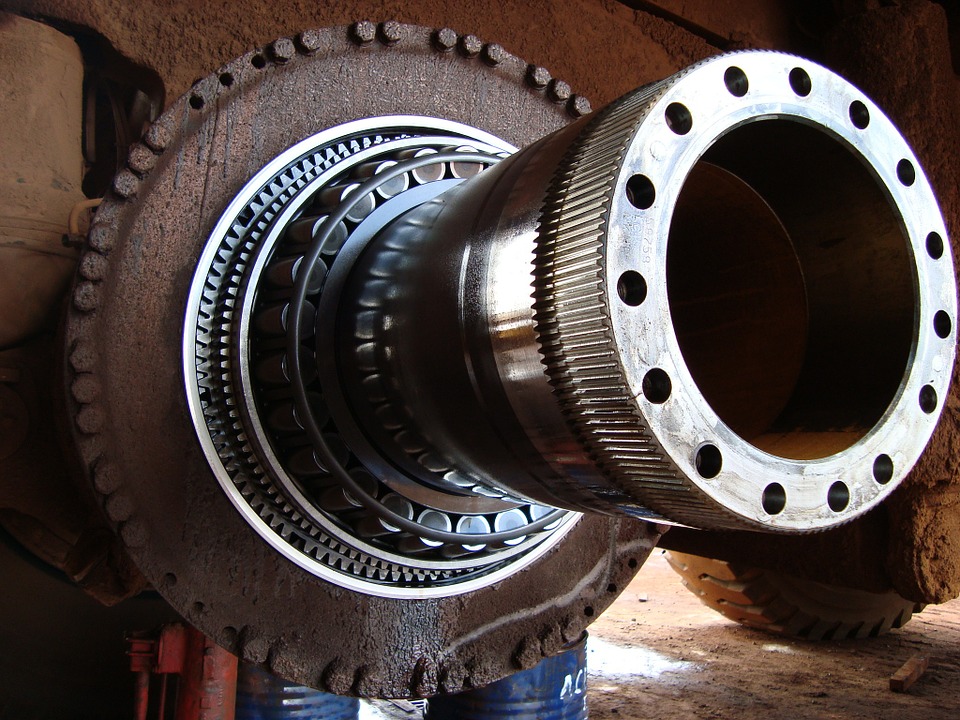Recent Posts
Wheel Bearing Noise Diagnosis
Posted by on

First off, let's explain what a wheel bearing is, for those that might not know. Wheel bearings are steel balls that are confined within a metal ring that is called a "race". A seal protects these parts from corrosive or damaging contaminants.This allows a wheel to spin at high rates of speed, with very little friction. They can be found just about anywhere that wheels are involved. On your car, they're mostly found within a hub, which sits on the axle shaft. The hub is the holder for where the lug bolts bolt your tire to your wheel.
Wheel Bearing Bane
While wheel bearings are very durable, they do have a couple weaknesses that will ultimately wear them down and ruin them. The first of these is heat. When your bearings aren't properly lubricated, they generate more friction, which in turn generates heat. This heat will break down and destroy your wheel bearing. Be sure to have them lubricated with grease designed to withstand high temperatures to protect them.
The other bad guy in the wheel bearing world is water. From the degenerative effect that water causes to lubricants when they come in contact, to rust, oil flow disruption and oxidation, water is an ultimate killer. The list of ways water will ruin bearings is vast, so be sure the seals are good to keep this disaster away from your wheel bearing.
The Sounds of Something's Wrong
With the primary culprits of wheel bearing deterioration identified, we can now get to the sounds and solutions part. Considering that most bearings have seals, it usually requires the seal to fail, which in turn will lead to the demise of the bearing.
Since the car must usually be moving in order to create the noise, here's what you might hear and how to determine which side it's coming from:
- A faint noise, similar to the sound of driving on a rumble strip, which will often get progressively worse.
- The sound of a straw placed into a moving fan. Basically, an increased clicking noise, relative to your rate of speed.
- A rumbling noise that increases with the speed of your vehicle. This could also be attributed to balding or patchy tread on your tires, so check them as well.
If you hear these noises, the chances are very good that your bearings are going out. While this isn't an overnight disaster, the problem will not go away. If it's allowed to progress, it could cause a cascade effect on other parts of your vehicle. So be sure to not put it off for too long.
If you're curious as to which side of your car is having a bearing failure, try driving your vehicle between 35-40 mph and gradually steer left and then again to the right (please note***gradually, don't get crazy or reckless please!). The noise will usually be louder steering one way or the other. In this case, the way you're steering plus the degree of noise is usually a good way to determine the bearing that is faulty (i.e. steer left, makes less noise, bad right bearing and vice versa).
Where to go From Here
Changing bearings is not something I would recommend to anyone that doesn't have the proper tools. There are many factors and in depth parts and equipment required to do this job right. But, if you are the type that does your own work, a great bearing distributor to find the right price and quality wheel bearing for the job is The Big Bearing Store. They have nearly everything in stock and ready to ship the same day, so you can get back on the road in no time.

